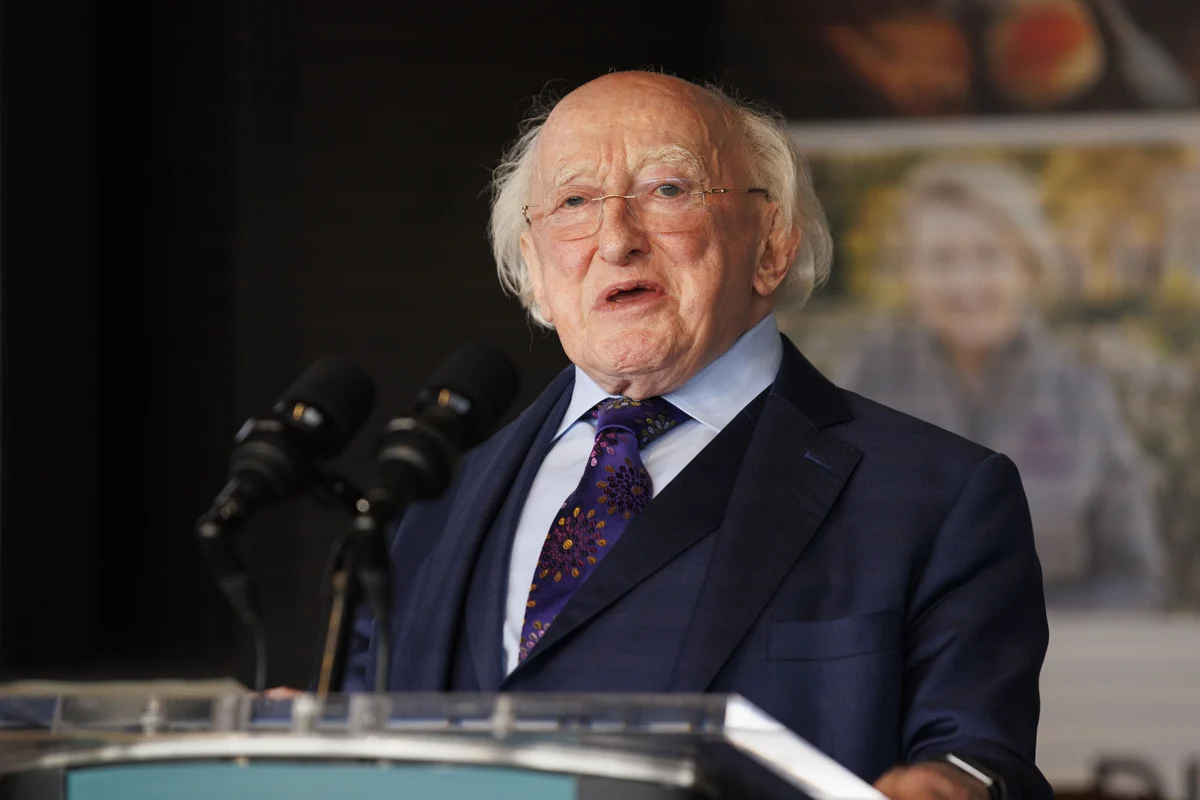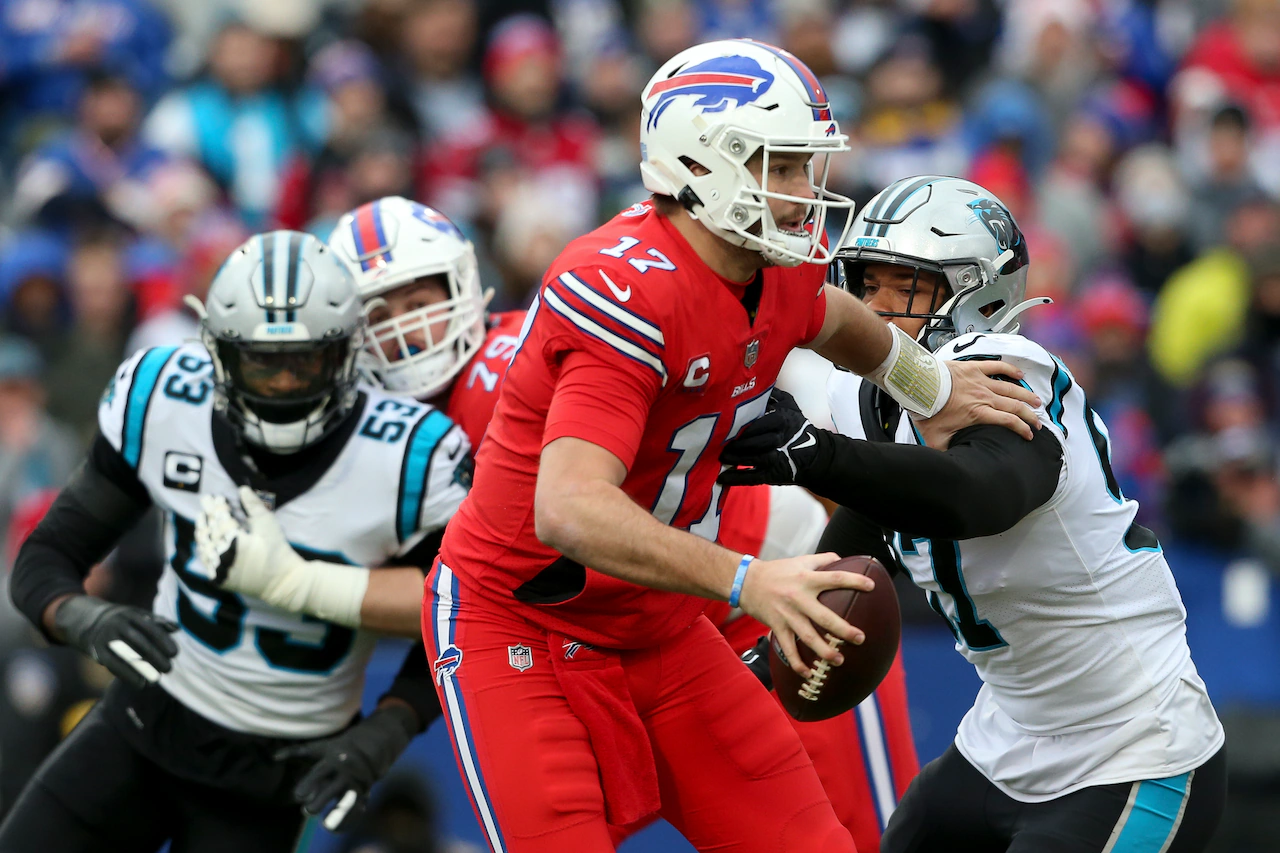Copyright Essentially Sports

Shohei Ohtani signed the largest contract in sports history with the Los Angeles Dodgers before the 2024 season. But a massive scandal quickly overshadowed his new era. Federal investigators uncovered a massive betting scheme threatening to swallow the career of the game’s biggest star. The case involved Ohtani’s close friend and translator, Ippei Mizuhara, who reportedly stole nearly $17 million from Ohtani’s private bank account. He used this money to feed a dangerous gambling habit. Mizuhara placed around 19,000 bets and lost nearly $41 million. This left fans asking one question: How was Ohtani not involved? Famed gambler Cristian Rey recently explained the whole situation. Rey said that many people are still very confused and they believe Ohtani is free “only because he’s the biggest face in baseball.” But Rey argues the federal investigation’s facts tell the real story. Rey’s first point cuts right to the heart of the case. He agrees that the payments came from Ohtani’s bank account. But he correctly says, “that doesn’t mean he was the one betting.” This claim is 100% correct, as the Department of Justice (DOJ) proved Mizuhara acted alone and secretly impersonated the Dodgers star on 24 bank calls. Rey then claims, “even assuming he had made those bets, there wouldn’t have been any problem.” He argues this because the bets were on other sports. It is not entirely true, as MLB bans all players from placing bets on baseball or other sports with illegal bookmakers, and those who do so are subject to the commissioner’s judgment. However, any kind of sports betting is illegal in California. So, Ohtani would have faced huge trouble if he had been found guilty at that time. But Rey is right about Mizuhara’s prison details. “Ippei Mizuhara, his translator, is the one who’s in jail. And he’s not in jail for betting: he’s imprisoned for bank fraud, false tax declaration, and for authorizing transfers in Ohtani’s name without his consent,” Rey noted. The IRS investigation confirmed this. Mizuhara pleaded guilty to hiding $4.1 million in “ill-gotten gains” (stolen money) from his taxes. And the “game-fixing” theory also gets debunked. Rey finds it “very absurd” that a game-fixer could lose so much. The evidence supports this. Mizuhara lost $41 million. This is the pattern of a desperate addict and the exact opposite of a criminal mastermind fixing games for profit. Read Top Stories First From EssentiallySports Click here and check box next to EssentiallySports And for MLB, one fact mattered most. Rey highlights this. “According to the FBI and the entire investigation, not a single baseball game was involved. Not one.” This is 100% correct. Investigators checked all 19,000 wagers. They found bets on other sports, but never on baseball. And finally, Rey tackles the “cover-up” theory, asking why they would make the case public if they wanted to hide it. Still think MLB was protecting its star? Look at the Cleveland Guardians scandal in 2025. Two pitchers, including 3-time All-Star Emmanuel Clase, were indicted. They were accused of fixing games and taking bribes to rig “micro-bets,” such as intentionally throwing balls. MLB did not cover up the Clase scandal. The DOJ indicted the players, and MLB then worked with sportsbooks to create new national rules. They publicly announced a $200 cap on all pitch-level bets. This proves MLB’s response is not based on fame. It is based on the crime. A different kind of betting and fraud scandal also drew national attention when Shohei Ohtani’s longtime interpreter, Ippei Mizuhara, pleaded guilty in 2024 to bank fraud and tax violations after siphoning nearly $17 million from Ohtani’s account to cover his illegal gambling debts. And how the Investigation Cleared Ohtani? The scandal looked bad at first because of a confusing timeline. In the first 24 hours, two different stories emerged. First, Ohtani’s team allowed Mizuhara to give an interview. Mizuhara lied, saying Ohtani knew and was paying his debts. This story would have put Ohtani in deep trouble with MLB. But Ohtani’s lawyers then investigated the claims and immediately disavowed Mizuhara’s entire 90-minute interview, and Mizuhara himself withdrew his story. Most importantly, the case was not run by MLB. The DOJ, the IRS, and Homeland Security ran it. And this is what truly saved Ohtani. These groups summoned the bank records and phone logs and found the evidence. This included the 24 recorded calls in which Mizuhara impersonated Ohtani. This is how they proved Ohtani was a victim. And as of now, the federal case is closed. Ippei Mizuhara is in prison, and Shohei Ohtani is legally and officially a victim. The evidence is not a story. It is a federal judgment. Cristian Rey was mostly correct because Ohtani is free. After all, the investigation proved he did nothing wrong.



